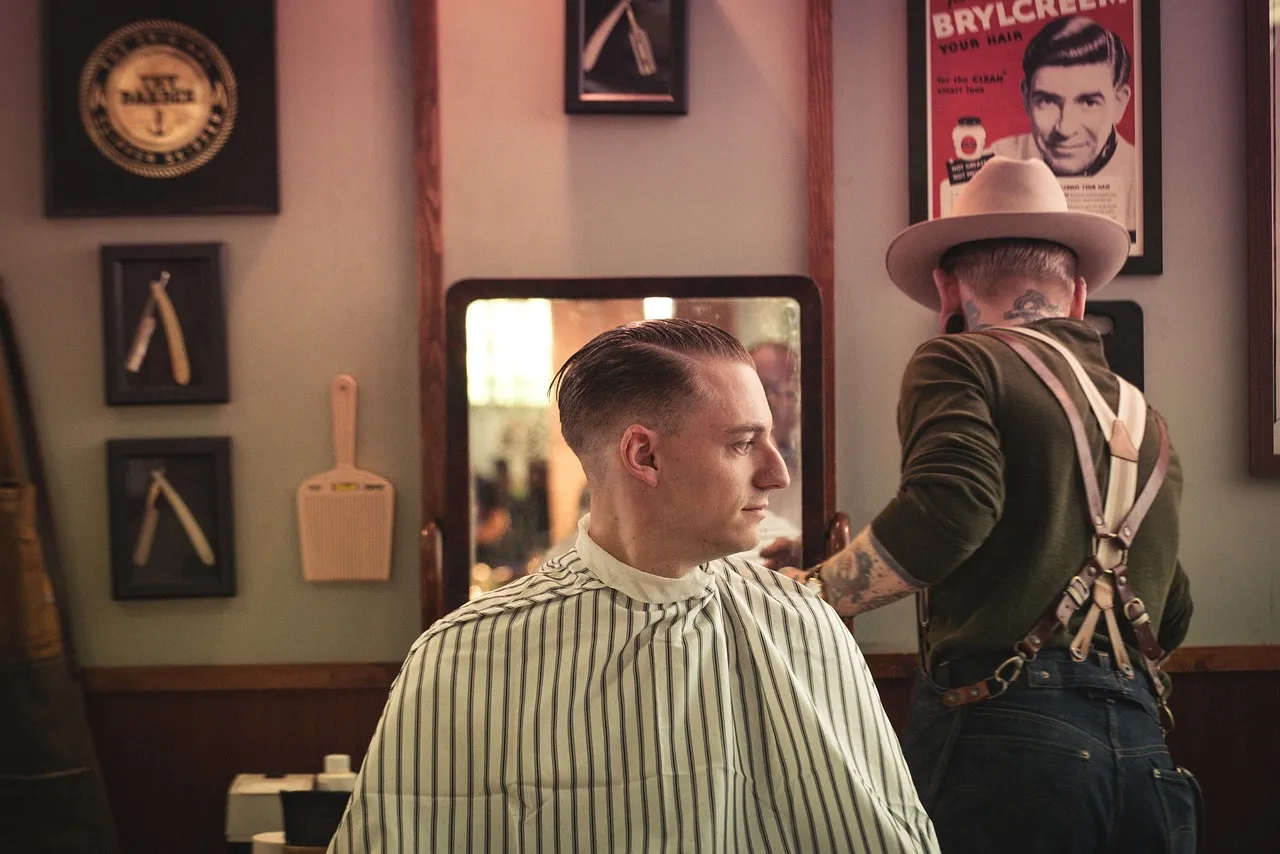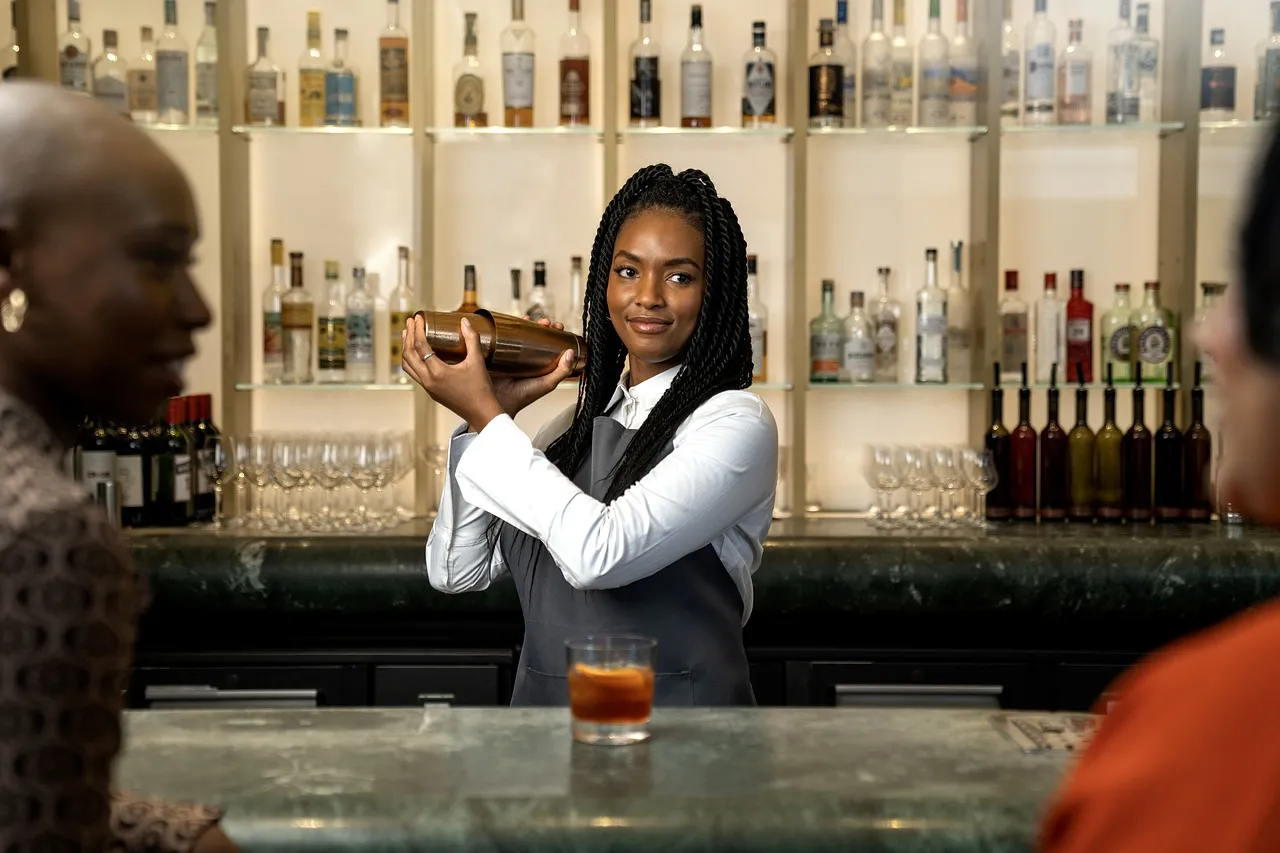
Introduction
All my life, I have always been told of the enormous power the mind possesses. The need to guard and protect it jealously, being cautious of what I fed it and how I made use of it cause it could definitely determine the direction my life took way more than I could ever phantom. I guess that’s one of the reasons my dad would always preach to me that I could achieve anything I set my mind to no matter how difficult. But sadly, I never fully believed that until I grew a lot more older and the more complex and exasperating trials of life which most average kids from middle class families are often shielded from began to hit me. When the good old days of playing and not worrying about the basic amenities or even when my next meal would come from were gone, I gradually began to understand the need to protect my mental state from collapsing and further plummeting me into a deeper state of despair and anguish. A friend of mine said.
Coming from an African country like Nigeria which has already built up and imposed limitations on the burgeoning youthful generation, the situation begins to look a lot more dire. And when you add the poor economic state of the country to the lack of proper leadership and a very low value of the importance of mental health care, you can’t help but end up with a recipe for disaster.
It’s an undeniable fact that the poor state of mental health among Africans is a pressing concern that warrants attention and action. Of a truth, many individuals across the African continent face numerous challenges when it comes to accessing adequate mental health care. A variety of factors which include stigma, limited resources, and cultural beliefs often contribute to the neglect of mental health issues. And for a country or continent with a largely youthful population, it’s even more exasperating when you consider that a great number of youths whom are expected to spare head innovations, and propel the continent to even greater heights are rather battling with one mental sickness or struggling with an incapacitating psychological disorder.
But in the face of these, sadly, in many African societies, mental health problems are still highly stigmatized, leading to a reluctance in seeking help and support. This stigma can be attributed to a lack of awareness and understanding surrounding mental health, as well as deeply ingrained cultural beliefs that view mental illness as a sign of weakness or a spiritual affliction. Consequently, individuals suffering from mental health issues often suffer in silence, with limited opportunities for proper diagnosis, treatment, and support.
Moreover, the availability of mental health resources in many African countries is severely lacking. There is a shortage of mental health professionals, limited access to psychiatric medications, and a scarcity of specialized facilities for mental health care. This lack of infrastructure exacerbates the already challenging situation, leaving many individuals without the necessary support and treatment they desperately need.
In the face of such adversity, other unorthodox forms of therapy have taken root. Two of which include; barbershop and bartender therapies. These have come to play a significant role in addressing mental health challenges within African communities. These environments provide a unique opportunity for individuals to engage in open conversations about their mental health issues, breaking the silence and combating stigma.
Barbershops, as I mentioned earlier, are not merely places for hair grooming but also serve as safe spaces for men to share their stories and struggles whatever they might be. By fostering an atmosphere of trust and camaraderie, barbershops can become platforms for mental health discussions. Barbers, who often develop close relationships with their clients, can be instrumental in recognizing signs of distress and providing a listening ear. They can encourage men to seek professional help when needed and dispel misconceptions surrounding mental health.
Similarly, bartender therapy, taking place in the convivial atmosphere of a bar, can serve as a catalyst for destigmatizing mental health issues. Bartenders, often skilled listeners, can offer a sympathetic ear to patrons who may be experiencing mental health challenges. By creating an environment where open conversations about mental health are welcomed, bartenders can help break down barriers and encourage individuals to seek appropriate support.
Barbershop Therapy

At this point, I believe some personal experiences are needed to further drive home this concept. One of such stands out from way back when I was still a kid growing up and oblivious to the psychological warfare that awaited me as an adult. My dad would always take us every two weeks to this particular barbershop in our neighborhood. The owner of the shop was not only our barber but effectively our family friend. He did offer home services but for some reason, my dad would always prefer to drive us over to his shop to have our hair cut. At first I thought it was because the barber was very skilled and that my dad would have ample opportunity to enjoy the company of some of his friends as they would often be lost in their funny banters and jokes whenever we got there. It was almost like a family tradition; going to get a haircut after Sunday service. I would later learn that long before he married my mother or even thought of having us, he was already an established regular customer at that particular barbershop. All together that would sum up to well over two decades of a lovely symbiotic relationship between customer and barber in which my dad paid to get his hair cut and as well got an added package of a free therapy session which would often last for a hour and thirty minutes. I guess, in a way, one’s loyalty to a particular barber could even be compared to a marriage between a man and his spouse; whereby visiting another barber was seen as an act of betrayal. Unknown to me back then, I would later on grow to become another therapy patient of my dad’s favorite barber. It was through him that I would go on to learn that barbing is an age-old tradition that goes beyond the simple act of getting a haircut and that the barbershop is a place where men gather, not only to groom their hair but also to share stories, seek advice, and find comfort in the presence of their fellow brethren. The barbershop serves as a sanctuary, a safe space for men to express themselves openly and honestly. And within the walls of a barbershop, conversations flow freely, guided by the skilled hands of barbers who are not only masters of their craft but also skilled listeners and counselors. They possess a unique ability to create an atmosphere of trust and camaraderie, allowing men to discuss their triumphs, challenges, and personal struggles. The act of grooming therefore becomes a therapeutic experience, as men release their burdens and find solace in the company of like-minded individuals.
Bartender therapy, on the other hand, takes place in the realm of the watering hole, where libations flow and tales unravel. The bartender, a purveyor of spirits and wisdom, becomes a confidant, a sounding board, and a dispenser of advice. As patrons perch upon barstools, they unburden their hearts and minds, seeking solace in the gentle understanding of the bartender.
The bartender, much like the barber, possesses an uncanny ability to listen attentively, offering a sympathetic ear and words of wisdom. They are skilled at reading between the lines, discerning the unspoken truths that lie beneath the surface. Through casual conversation and a well-mixed cocktail, they create an environment where patrons can unmask their vulnerabilities, find comfort in shared experiences, and gain insights into their own lives.
Bartender Therapy

Bartender therapy, on the other hand, takes place in the realm of the watering hole, where libations flow and tales unravel. The bartender, a purveyor of spirits and wisdom, becomes a confidant, a sounding board, and a dispenser of advice. As patrons perch upon barstools, they unburden their hearts and minds, seeking solace in the gentle understanding of the bartender.
The bartender, much like the barber, possesses an uncanny ability to listen attentively, offering a sympathetic ear and words of wisdom. They are skilled at reading between the lines, discerning the unspoken truths that lie beneath the surface. Through casual conversation and a well-mixed cocktail, they create an environment where patrons can unmask their vulnerabilities, find comfort in shared experiences, and gain insights into their own lives.
Such could be said of my dear old family friend. We’ve known each other since we were kids and have been there for one another at trying times. He’s truly one of the people I have the deepest admiration and respect for. But sadly, this feeling doesn’t cover up for his terrible drinking habit which I have a grave hatred for. Funny, how he would tell me how he was always happiest with a bottle of wine in his hand. But I was always quick to dismiss that assertion of his and would rather see through the facade and even go as far as telling him that he clung onto his alcohol as a coping mechanism for his depression and anxieties. But I was only half right though. Over the years, I never failed to notice that he could always been found at one drinking spot, a popular street bar in our neighborhood and in there, he would be spotted speaking to a particular elderly man who served drinks there. It was almost like clockwork, everyday at the close of work, every evening on the weekdays, he would be seen there with a bottle in hand and speaking with this particular gentleman. This continued for nearly a decade until one day he stopped paying regular visits to the bar but would rather been seen there on weekends and he would rarely spend much time there. This went on for a while and I finally mustered the courage to enquire about the sudden change, almost thinking that he had decided to quit drinking. He’s response stunned me and left me with food for thought. He simply said he had lost the urge or stimulation to pay visits there not that he had found a new place and truly even that would have been difficult for me cause he always raved about how lovely, serene and welcoming the bar was while I, on the other hand, only saw an old rundown bar. I went on to enquire what he meant by he had lost the urge and he simply told me that the elderly gentleman that usually served him drinks had travelled after which he changed the topic. It was at this point that I realized that his daily motivation to always stop by the bar wasn’t because he wanted to take a few bottles to numb his emotional and mental strains but because he had somehow created a symbiotic relationship with the bartender in which he would be open to paying for as many drinks as possible as long as he would have someone to listen, understand and advice him as he works out how to make sense of the madness of this world. Granted, he was an alcoholic but he wasn’t only paying for drinks there but was also receiving free therapy which a few bottles of alcohol, no matter where he went to have them, wouldn’t give him.
It is based on these that I believe that both barbershop and bartender therapy offer invaluable benefits to individuals seeking emotional support and guidance. The act of engaging in open conversation, whether it be with a barber or a bartender, provides a sense of release and catharsis. It allows individuals to express their thoughts and feelings, unburdening themselves of the weight they carry within.
Furthermore, the communal aspect of these settings fosters a sense of belonging and camaraderie. The barbershop and the bar are places where individuals can connect with others who may share similar experiences and challenges. More of such places could vary from an auto repair shop, a roadside fast food restaurant to a church setting or even a gym or a recreational center. This sense of community can be immensely healing, as it reminds us that we are not alone in our struggles.
While barbershop and bartender therapy can contribute to destigmatizing mental health and fostering conversations, it is essential to recognize their limitations. They should not be seen as substitutes for professional mental health care. Rather, they should be considered as complementary avenues that can help bridge the gap in mental health support within African communities.
To address the poor state of mental health among Nigerians and Africans comprehensively, it is crucial to prioritize mental health education, raise awareness, and invest in mental health infrastructure. Governments, non-governmental organizations, and communities must work together to develop accessible and culturally sensitive mental health services. The poor state of mental health among Africans is a pressing issue that requires urgent attention. Barbershop and bartender therapy, while not providing a comprehensive solution, can contribute to destigmatizing mental health and fostering open conversations. By leveraging the trusted relationships formed in these environments, we can begin to address the mental health challenges faced by many Africans. However, true progress will only be achieved through systemic changes, increased resources, and a prioritization of mental health within African societies.
Summary
In conclusion, barbershop and bartender therapy provide unique spaces for individuals to find solace, express themselves, and gain perspective. They offer a blend of grooming, conversation, and shared experiences that can be profoundly therapeutic. So, my dear reader, the next time you find yourself in need of a trim or a drink, remember the therapeutic potential that lies within these humble establishments.